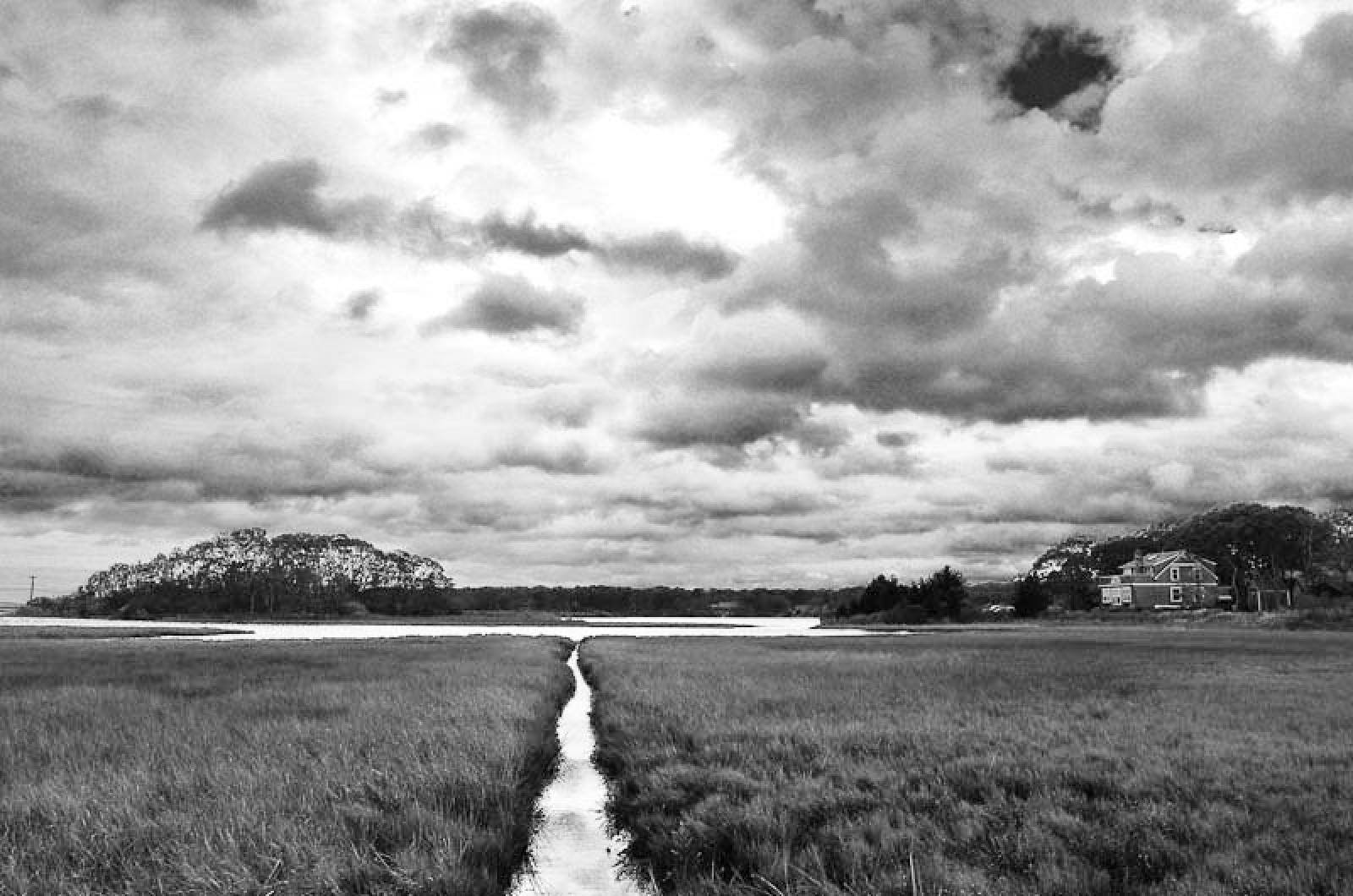Even the Dalai Lama doesn’t like mosquitoes.
The famous Buddhist leader has been known to suggest that these insects are ungrateful, noting that they show “no indication of appreciation” after they made a meal of his blood.
A friend who had seen this famous man speak in person explained that he goes on “wonderful tangents” during his teachings. “He started talking about how his mother taught him about animals and plants, and from that point he loved every living thing. He then paused and added with his customary twinkle and smile, except mosquitoes.”
February seems a strange time for philosophizing about mosquitoes. However, that same friend shared that her daughter hiked through a swarm of them last week.
My initial response was concern — climate concern. Has it come to this: mosquitoes in February? And, yes, it has come to this: climate change will likely expand the season for mosquitoes and increase their heartiness. With a mosquito’s short life span (two weeks to eight months, depending on the species), generations of mosquitoes can adapt to the changes and evolve to meet them.
This is not just a problem for the future. Mosquitoes can be present in winter now, as the recent sighting proved. As cold-blooded creatures, mosquitoes cannot regulate their own body temperature and rely on external temperatures to dictate their activity. Most mosquitoes function optimally at 80 degrees Fahrenheit, become lethargic at 60 degrees and stop moving below 50.
So where are they and what are they doing? Different species have different life-cycle parameters. Massachusetts hosts more than 50 species of mosquitoes, each with its own distinct habits.
Some of these peculiar pests hibernate in the winter. Males are short-lived, so most of the overwintering skeeters are female, which isn’t good news for us: these ladies are also the ones that suck your blood.
There are mosquitoes that have eggs that can tolerate the cold conditions. The eggs are very hearty and can survive for the entirety of the winter season. Often hidden from predators, these eggs are safe and secure under ice, and will hatch into larvae come spring. This is a reason to reduce standing water around your home and yard: those egregious eggs could be under any layer of ice, and are dreaming of buzzing your ear and injecting their proboscis into your flesh come spring.
Others species spend their off-season as adults after mating in the fall. The winter warriors find hollow logs, animal burrows and other cracks and crevices in which to rest in a state of torpor. These mosquitoes are the ones that can emerge in January or February when the temperatures rise above 50. It’s likely that is the type that was seen last week on the trail. And then there are the really smart ones that find their way into your home and buzz about all winter long.
Imagining mosquitoes that pester you all year makes for a malevolent mood. The Dalai Lama had it right, never underestimating the little ones and paraphrasing an African proverb that explains, “if you think you are too small to make a difference, sleep with a mosquito.”
Suzan Bellincampi is Islands director for Felix Neck Wildlife Sanctuary in Edgartown and the Nantucket Wildlife Sanctuaries. She is also the author of Martha’s Vineyard: A Field Guide to Island Nature and The Nature of Martha’s Vineyard.




Comments
Comment policy »